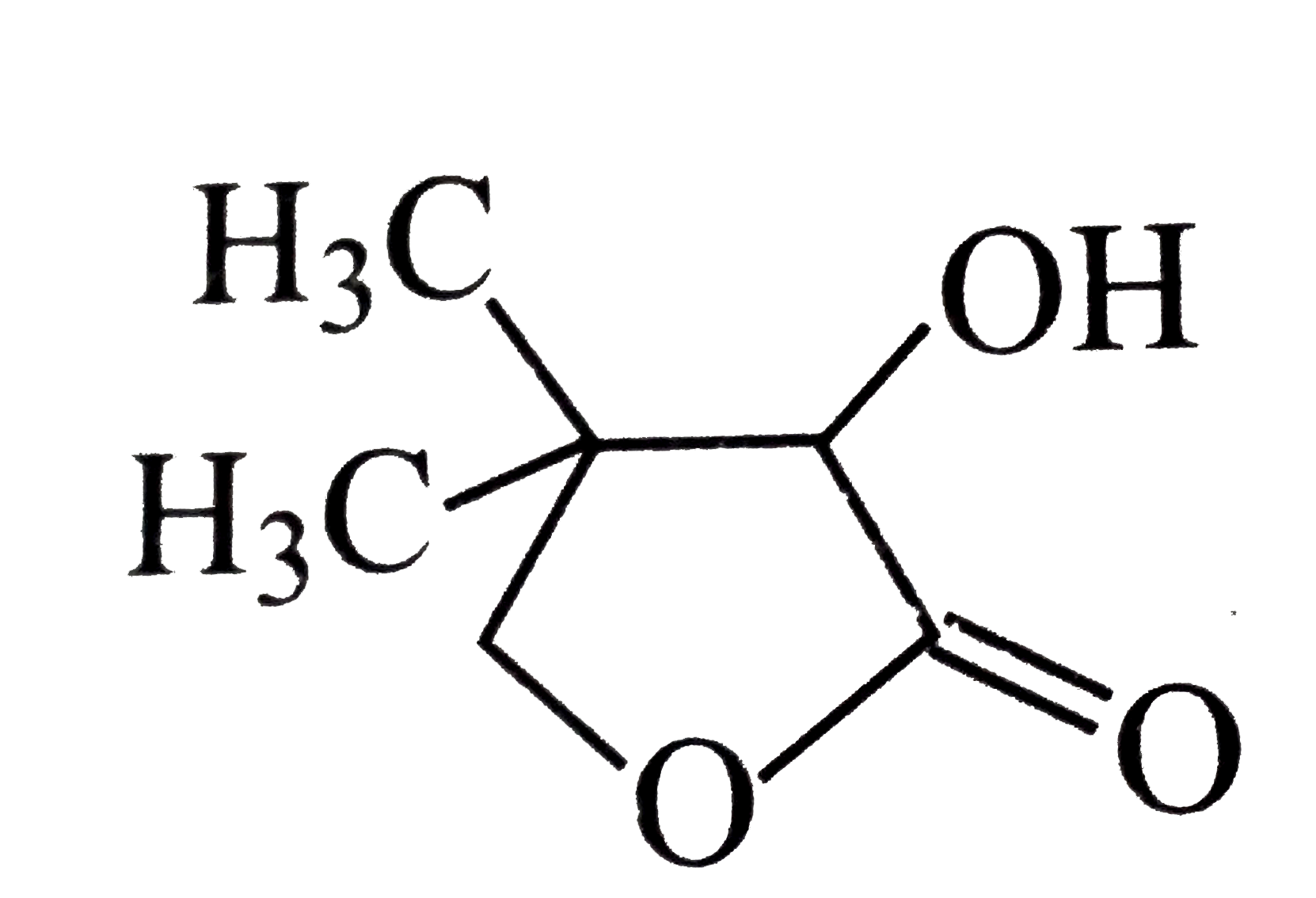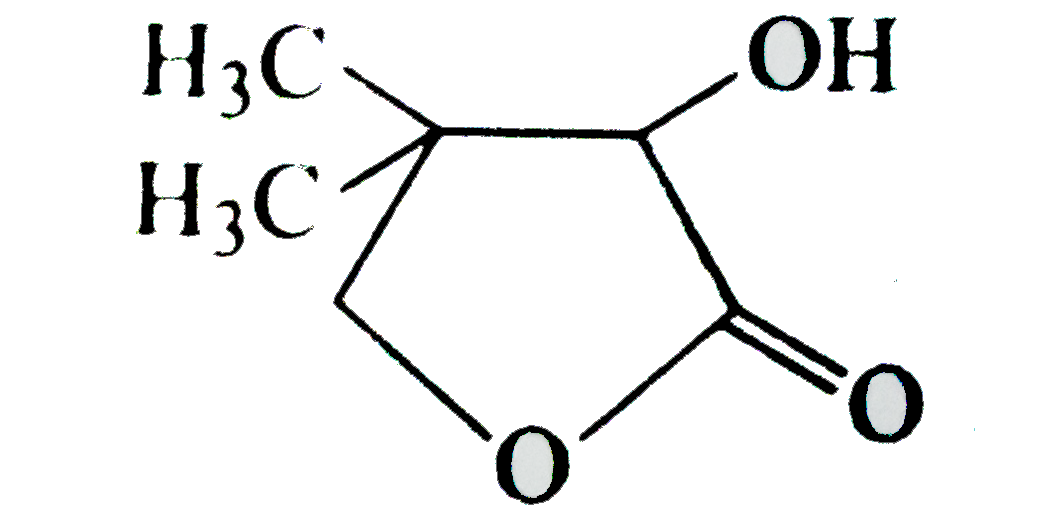The reactions of Cl2 gas with cold-dilute and hot-concentrated NaOH in water give sodium salts of two (different) oxoacids of chlorine, P and Q, respectively. The Cl2 gas reacts with SO2 gas, in presence of charcoal, to give a product R. R reacts with white phosphorus to give a compound S. On hydrolysis, S gives an oxoacid of phosphorus, T.
R, S and T, respectively are
SO2CI2, PCI5 and H3PO4
SO2CI2, PCI3 and H3PO3
SOCI2, PCI3 and H3PO2
SOCI2, PCI5 and H3PO4
The correct Answer is:A
SO2+CI2Charcoal−−−−→SRO2CI2
SO2CI2P4→PCI5+SO2
PCI5+H2O→HT3PO4+HCI
Topper's Solved these Questions
- P-BLOCK GROUP 17 ELEMENTS - THE HALOGEN FAMILYBOOK - CENGAGE CHEMISTRY ENGLISHCHAPTER - P-BLOCK GROUP 17 ELEMENTS - THE HALOGEN FAMILYEXERCISE - Exercises Archives (Multiple Correct)
3 Videos
- P-BLOCK GROUP 17 ELEMENTS - THE HALOGEN FAMILYBOOK - CENGAGE CHEMISTRY ENGLISHCHAPTER - P-BLOCK GROUP 17 ELEMENTS - THE HALOGEN FAMILYEXERCISE - Exercises Archives (Single Correct)
12 Videos
- P-BLOCK GROUP 17 ELEMENTS - THE HALOGEN FAMILYBOOK - CENGAGE CHEMISTRY ENGLISHCHAPTER - P-BLOCK GROUP 17 ELEMENTS - THE HALOGEN FAMILYEXERCISE - Exercises (True/False)
14 Videos
- P-BLOCK GROUP 16 ELEMENTS - THE OXYGEN FAMILYBOOK - CENGAGE CHEMISTRY ENGLISHCHAPTER - P-BLOCK GROUP 16 ELEMENTS - THE OXYGEN FAMILYEXERCISE - Archives Subjective
10 Videos
- P-BLOCK GROUP 18 ELEMENTS - THE INERT GASESBOOK - CENGAGE CHEMISTRY ENGLISHCHAPTER - P-BLOCK GROUP 18 ELEMENTS - THE INERT GASESEXERCISE - Ex 5.1 (Objective)
14 Videos
Similar Questions
Knowledge Check
The reactions of CI2 gas with cold-dilute and hot-concentrated NaOH in water give sodium salts of two different oxioacids of chlorine, P and Q, respectively. The CI2 gas reacts with SO2 gas, in presence of charocal, to give a product R reacts with white phosphorus to give a compound S. On hydrolysis, S gives an oxoacid of phosphorus.
R, S and T, respectively, areASO2Cl2,PCl5andH3PO4BSO2Cl2,PCl3andH3PO3CSOCl2,PCl3andH3PO2DSOCl2,PCl5andH3PO4The reactions of CI2 gas with cold-dilute and hot-concentrated NaOH in water give sodium salts of two different oxioacids of chlorine, P and Q, respectively. The CI2 gas reacts with SO2 gas, in presence of charocal, to give a product R reacts with white phosphorus to give a compound S. On hydrolysis, S gives an oxoacid of phosphorus.
P and Q, respectively, are the sodium salts ofAhypochlorous and chloric acidsBhypochlorous and chlorous acidsCchloric and perchloric acidsDchloric and hypochlorous acids.
When Cl2 gas reacts with hot and concentrated sodium hydroxide solution, the oxidation number of chlorine changes from
View SolutionTwo aliphatic aldehydes (P) and (Q) react in the presence of aqueous K2CO3 to give compound (R ) which upon treatment with HCN gives compound(S). On acidification and heating, (S) gives the product shown below:

Compounds (P) and (Q), respectively, are:
View SolutionAluminium forms a carbide 'x' which react with water to give a gas 'y' . 'y' does not react with Br2 water. Give 'x' and y respectively.
View SolutionTwo aliphatic aldehydes P and Q react in th presence of aqueous k2CO3 to give compound R, which upon treatment with HCN provides compound S. On acidification and heatingm,S gives the product shown below:

The compound S is
View SolutionWhy Zn reacts with dilute H2SO4 to give H2 gas but Cu does not ?
View Solutionwhen sodium metal reacts with NH3 at high temprature, it gives a salt and releases H2 gas. The salt formed and its nature repectively will be
View Solution
